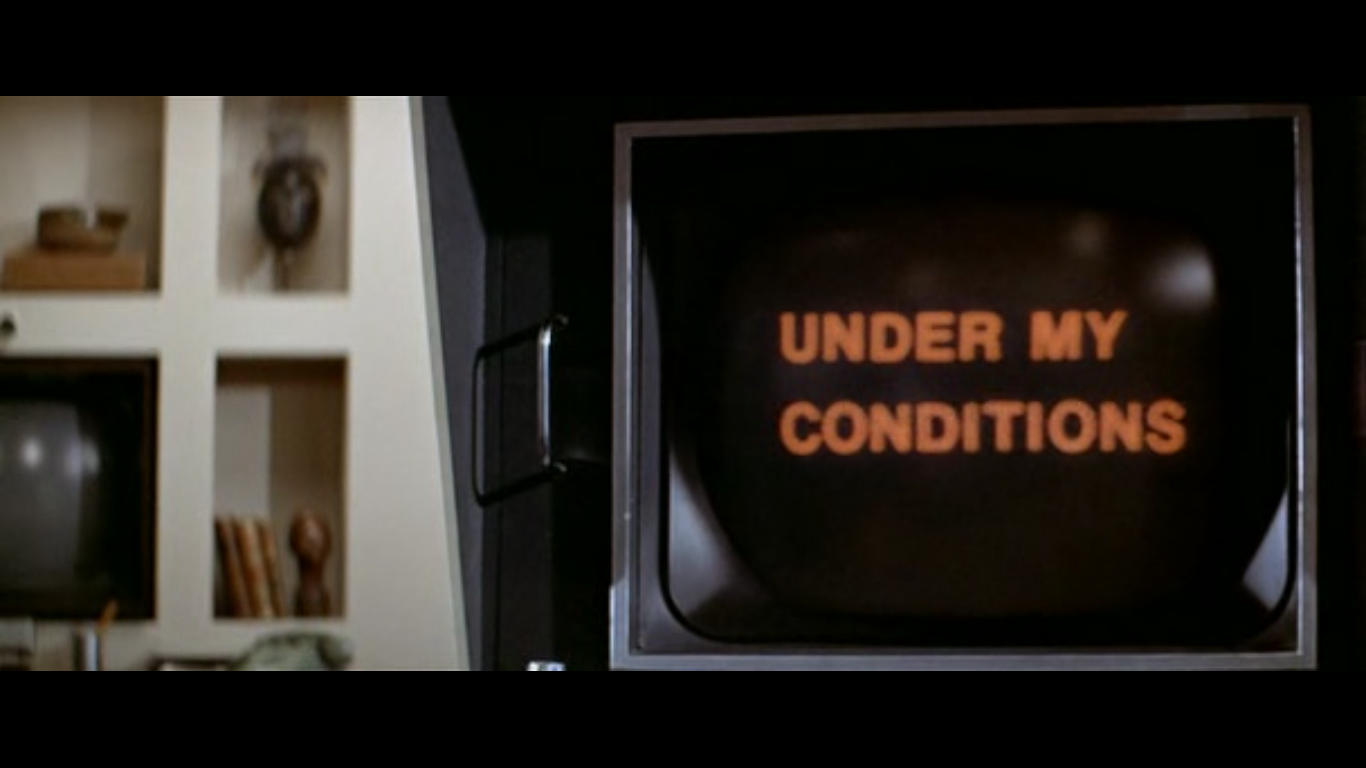Precognitive Systems/Cybernetic Ideologies
This lecture traces the socio-political background of cybernetics and the development of the computer during the Cold War, illustrated with examples taken from popular cinema of the era. From Norbert Wiener's initial experiments with an anti-aircraft gun in the early 1940s to its assimilation into general systems theory, cybernetics provided the US military with an illusion of control over the fragile equilibrium of international relations. In popular cinema, computers were represented either as obedient servants that performed menial tasks that would liberate humans from the banality of repetition, or as oppressive Artificial Intelligences threatening to push the Big Red Button - both reflective and a partial cause of the ambivalent public attitude towards the new technologies. Today, as Facebook and Google fight a propaganda war over cyber-territory, many of these Cold War issues about technological subservience, control and paranoia have recurred. Through the examination of Cold War computing, the lecture aims to provide an historical perspective on the politics of contemporary networked media.
Image: Still from Colossus, 1970


